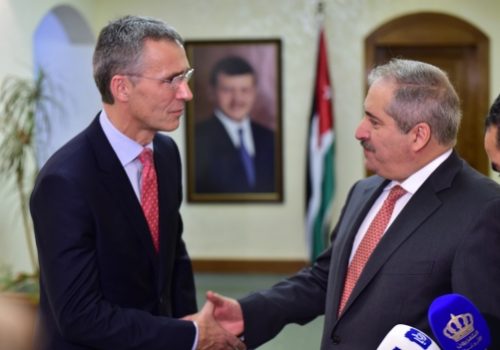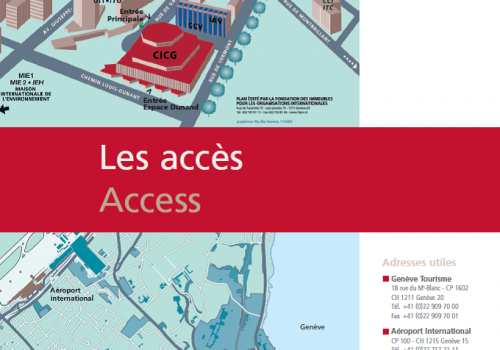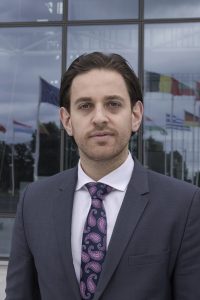Recent analysis
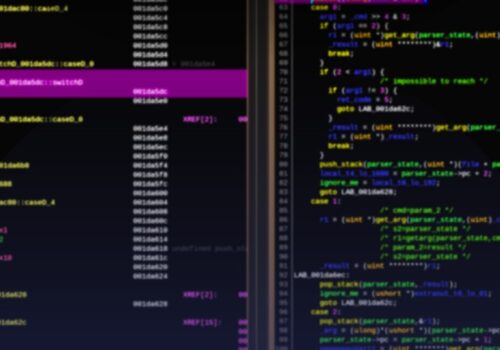
Report
Jun 25, 2025
Crash (exploit) and burn: Securing the offensive cyber supply chain to counter China in cyberspace
By
Winnona DeSombre Bernsen
If the United States wishes to compete in cyberspace, it must compete against China to secure its offensive cyber supply chain.
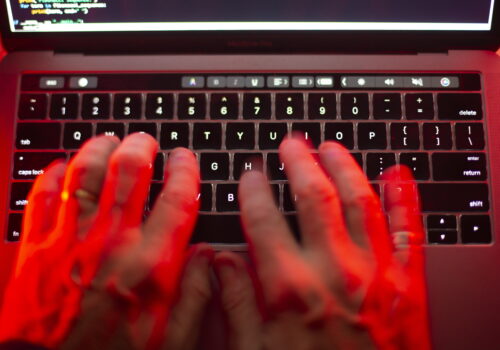
New Atlanticist
Jun 5, 2025
Cyberattacks are hurting US businesses. Here’s how Congress can upgrade cybersecurity information sharing.
By
Tanner Wilburn, Sara Ann Brackett, and Urmita Chowdhury
Hackers are targeting small and medium-sized businesses, and the existing framework for sharing important information is leaving these US companies out of the loop.
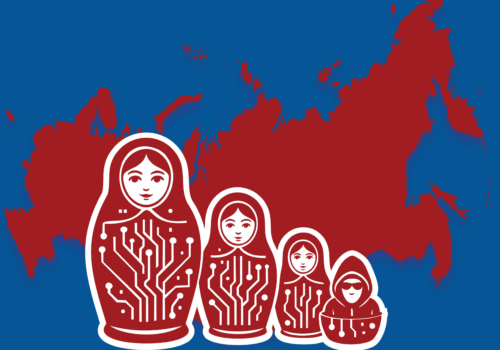
Russia Tomorrow
May 20, 2025
Unpacking Russia’s cyber nesting doll
By
Justin Sherman
The latest report in the Atlantic Council’s Russia Tomorrow series explores Russia’s wartime cyber operations and broader cyber web.
Programs

The Atlantic Council Technology Programs comprises five existing efforts—the Digital Forensic Research Lab (DFRLab), the GeoTech Center, the Cyber Statecraft Initiative, the Democracy + Tech Initiative, and the Capacity Building Initiative. These operations work together to address the geopolitical implications of technology and provide policymakers and global stakeholders necessary research, insights, and convenings to address challenges around global technology and ensure its responsible advancement.
